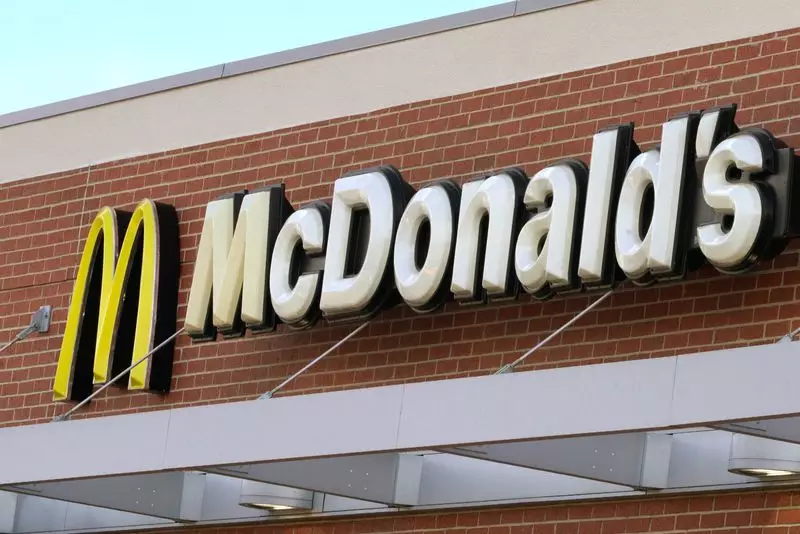The recent E. coli outbreak linked to McDonald’s Quarter Pounder burgers has sent shockwaves through the fast-food giant. As the Centers for Disease Control and Prevention (CDC) reported, the outbreak has tragically resulted in a fatality and nearly 50 additional illnesses, with ten individuals hospitalized due to severe complications. This alarming situation has compelled McDonald’s to take swift measures, removing the implicated item from menus across approximately one-fifth of its 14,000 U.S. locations. The incident highlights the critical nature of food safety in the fast-food sector and raises pressing questions about consumer trust.
At the heart of McDonald’s response is the urgent necessity to rebuild trust with its customer base. Joe Erlinger, McDonald’s USA President, expressed the company’s commitment to restoring confidence among diners, an effort made even more important given the historical implications of previous E. coli outbreaks at fast-food chains such as Jack in the Box and Chipotle. The ramifications of such outbreaks can linger, as they often lead to a significant decline in consumer patronage, which can take months, if not years, to recover from.
With the CDC investigating the outbreak’s origins, attention has turned to McDonald’s supply chain, particularly the slivered onions and beef patties that may have played a role in the contamination. While McDonald’s maintains robust testing procedures with its suppliers, the inability to detect the E. coli strain prior to the outbreak raises concerns about the overall effectiveness of these safety measures. As partnerships are scrutinized, both McDonald’s and its suppliers face immense pressure to ensure that their products are safe for consumption going forward.
From a financial standpoint, the impact of this outbreak is significant. Following the news of the E. coli spiral, McDonald’s stock experienced a notable dip of 4.9%, a red flag for investors who may fear longer-term consequences if the outbreak is not swiftly contained. Historical precedent suggests that consumer backlash can lead to a sharp decline in quarterly sales, as seen in previous incidents involving other fast-food chains. Analysts speculate that the fourth-quarter performance could be pressured by consumers’ hesitation to trust the brand amid the outbreak.
This incident serves as a stark reminder that the stakes are incredibly high for fast-food companies, where customer loyalty can quickly erode in the face of food safety issues. CFRA Research analyst Arun Sundaram remarked on the worst-case scenario: if the outbreak continues to spread or if it affects multiple suppliers, McDonald’s could face a more prolonged crisis—one that could tarnish its well-established brand image, leading to diminished sales and consumer trust for the foreseeable future.
As McDonald’s strives to manage this perilous situation, rapid action is essential. The company’s decision to pull the Quarter Pounder from menus across affected states reflects a proactive approach aimed at mitigating further cases. During a recent NBC interview, Erlinger underlined this urgent commitment to consumer safety, asserting that preventing additional illnesses is the top priority of the company right now.
Yet, merely recalling an item is insufficient. Moving forward, McDonald’s must engage in transparent communication with its customers, providing updates on the investigation and actively detailing the measures taken to ensure food safety. The swift identification of the source of contamination will be crucial in restoring faith, alongside a commitment to rigorous testing and supply chain oversight.
The E. coli outbreak is not merely an operational hiccup for McDonald’s; it is a pivotal moment that underscores the importance of food safety and consumer trust in the fast-food industry. As the CDC and the company work together to address this alarming situation, the lessons learned from past outbreaks should inform immediate actions and long-term strategies. History has shown that consumer confidence can take time to rebuild, but with decisive action and accountability, McDonald’s can bounce back, restoring its brand reputation and consumer trust in the process.

